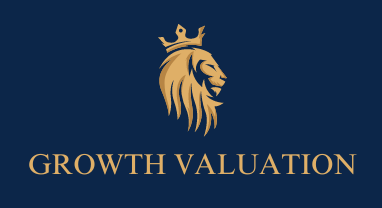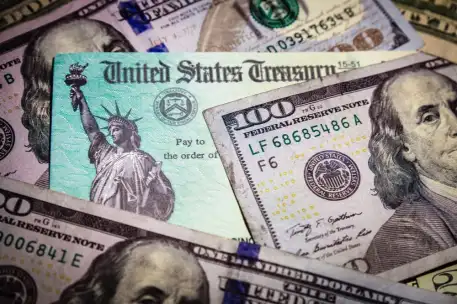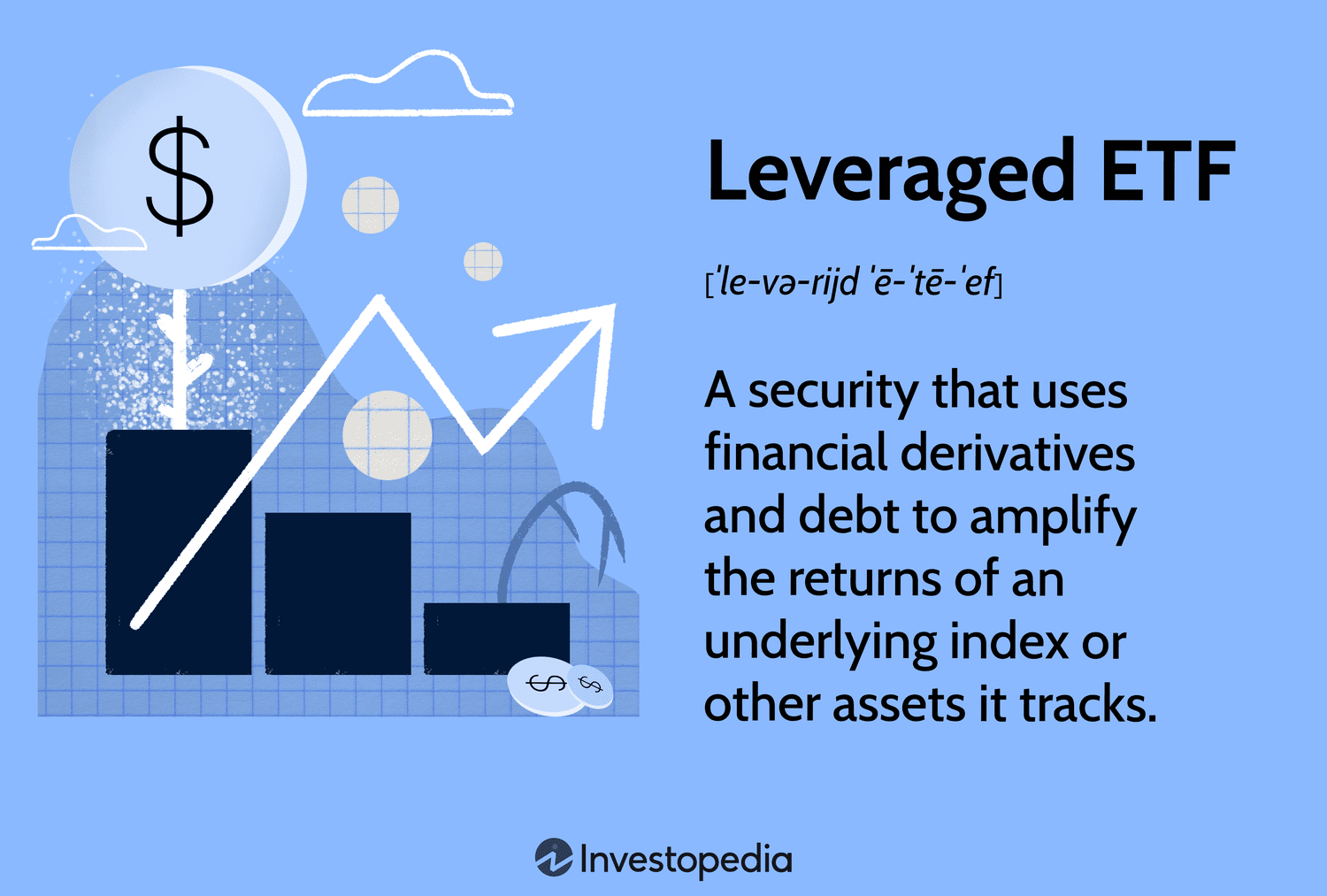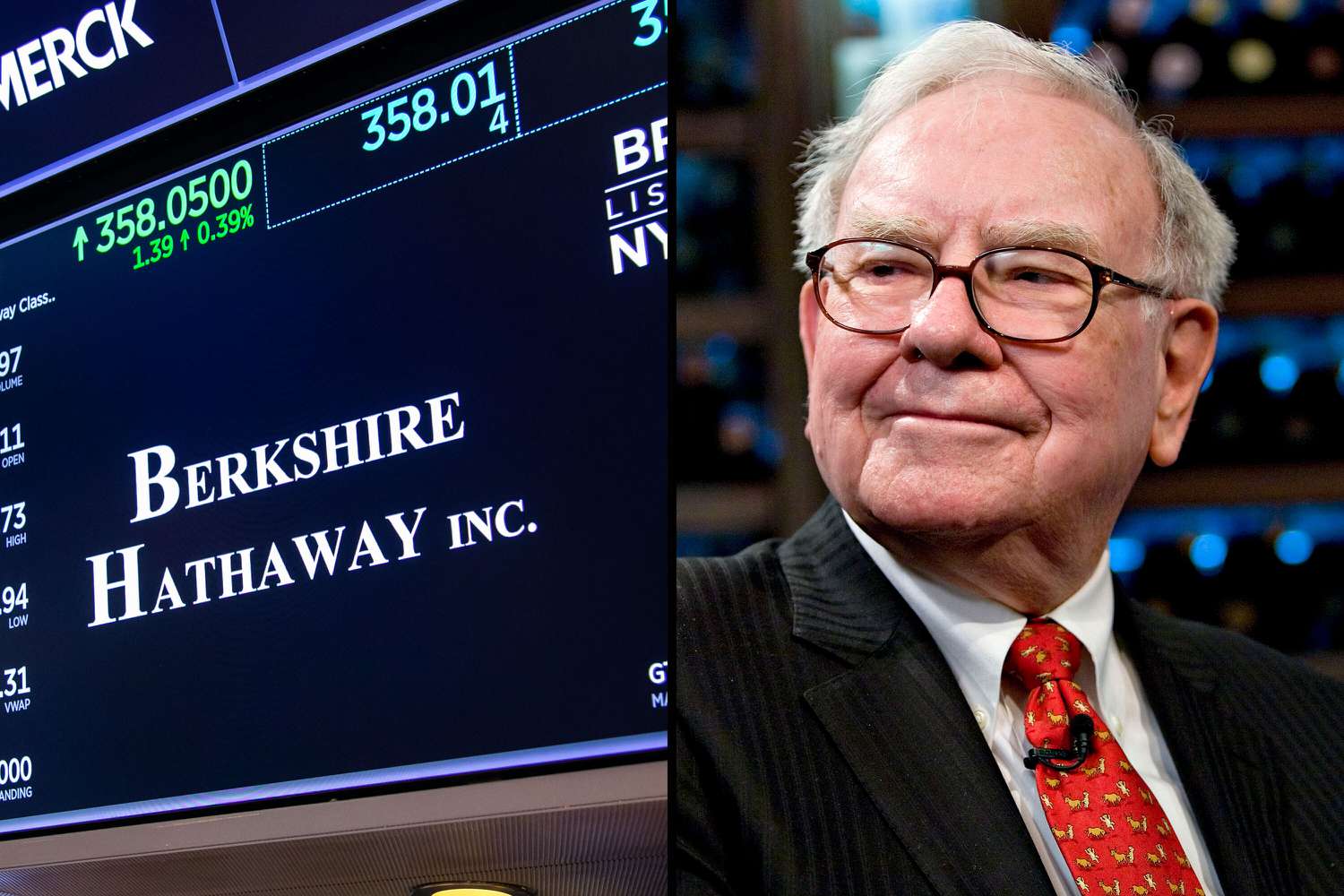

If Europe succeeds in changing course it ought to boost growth, and help European stocks, which, while they have surged so far this year, are up only about 50% over the past decade. That is against a tripling of U.S. stocks.
The problem lies with convincing Europeans that they are threatened enough to trade off their lifestyle for growth.
The big hope is that Europe will move faster to implement reforms gathered together by Mario Draghi, former ECB president and Italian prime minister, in a major report last year. The big win would be a capital markets union, the stitching together of the region’s financial markets by removing overlapping country-by-country regulation.
Such efforts go back a decade, but little progress has been made. Also needed: integrated energy systems and an easier environment for artificial intelligence development.

The problems are manifold. Smaller countries don’t want to lose their stock exchanges, a likely outcome of unified capital markets. Germany doesn’t want its Commerzbank bought by Italy’s UniCredit, and cross-border bank mergers remain problematic for many countries. French and Dutch farmers hate free-trade deals, such as the recent treaties signed with Mexico and with the Mercosur group of Latin American nations, both of which need to be ratified by EU states.
Still, as Philipp Hildebrand, vice chairman of BlackRock and a former head of the Swiss central bank, points out, this could be like the early 1990s, when pressure on Europe after the collapse of the Soviet Union led to expansion into Eastern Europe and the Maastricht treaty that created the EU.



















